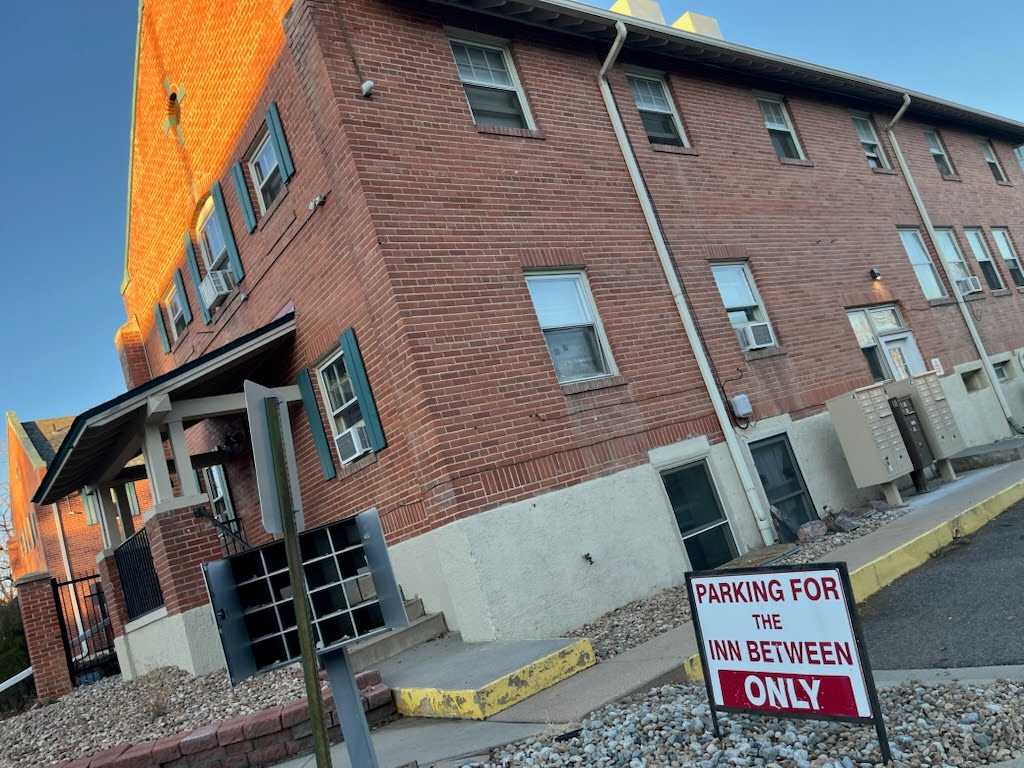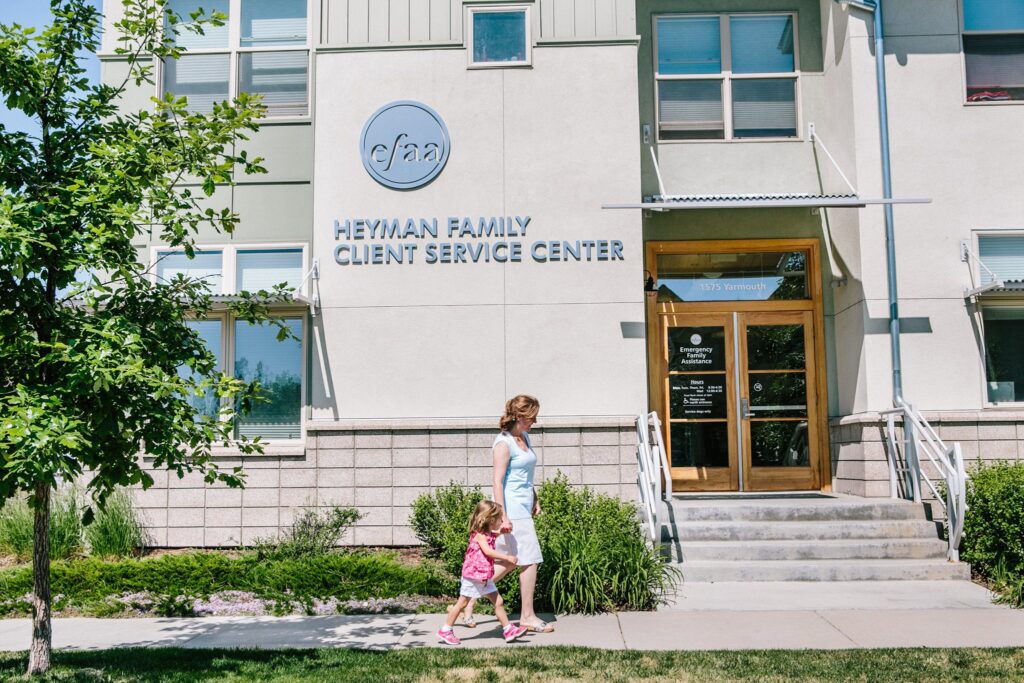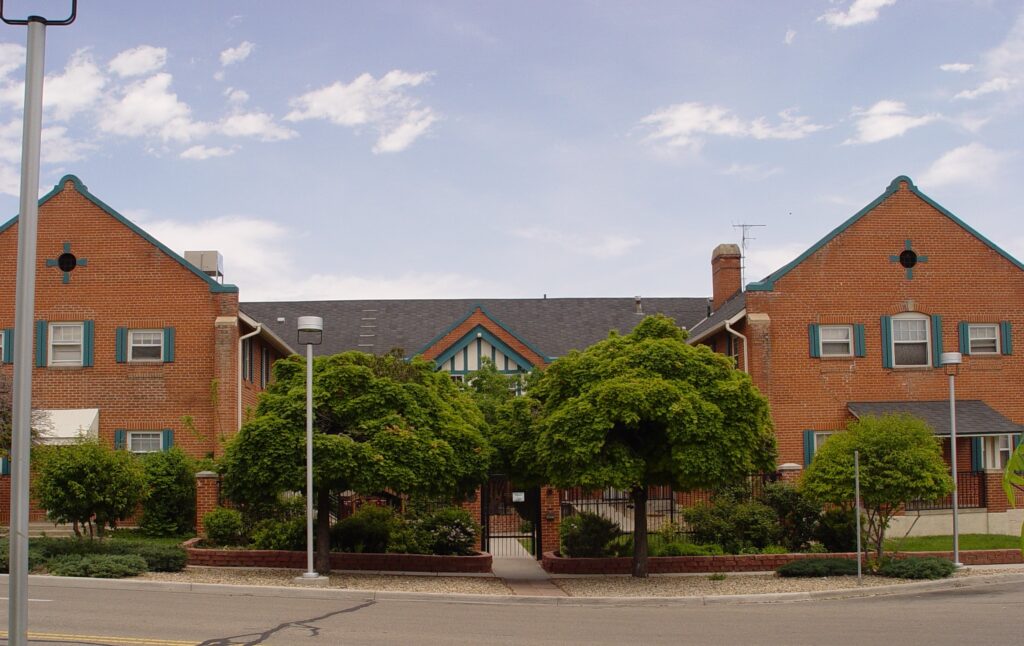
A law meant to keep renters more stably housed is making it harder for people exiting homelessness, two Boulder County nonprofits say.
The law in question is HB-1098, passed last session. It mandates that renters can only be evicted “for cause,” such as nonpayment of rent and other lease violations. If tenants don’t break any rules, landlords — with few exceptions — have to keep renting to them for as long as they want to stay.
That has ensnared providers of transitional housing, who are now being forced to cut the amount of time they allow people in their programs or allow tenants to stay indefinitely in heavily subsidized units meant to serve as temporary homes for subsequent clients.
“I don’t think people at this point are aware or are fully grasping the magnitude of HB-1098,” said Tim Rakow, executive director of Longmont-based nonprofit The Inn Between. “It essentially put an end to transitional housing.”
‘A year is not enough’
Clients typically stay at The Inn Between for 18-20 months, Rakow said. Emergency Family Assistance Association (EFAA), which helps low-income families in Boulder County, runs a two-year transitional housing program.

Under the law, tenant protections begin at 12 months. Both organizations are now limiting their transitional leases to 11 months to ensure that the units they own can be available for future clients.
“We have really long wait lists right now with families with kids,” said Julie Van Domelen, EFAA’s executive director. “We don’t want to be a long-term landlord. It’s not why we’re there.”
EFAA’s staff are worried the shorter leases will make it harder for families to get and stay permanently housed.
“Our programs people think it will do harm in the sense of being able to have a successful exit,” Van Domelen said. “There’s long wait lists for vouchers and affordable housing. It takes a long time to get out from bad credit, save up money.”
Rakow agrees: “A year is not enough for most people.”
Some of EFAA and The Inn Between’s existing clients are taking advantage of HB-1098 to stay in what were supposed to be transitional homes.
“If you are already in there,” Van Domelen said, “you have acquired the right to stay. The lease can no longer end.”
EFAA operates 35 units of transitional housing. The Inn Between has 50.
“We have several families here today that should be exiting, but we don’t have a mechanism for them to leave,” Rakow said. “There is no path legally … to end that lease.”
The high price of protection
The law has impacted the organizations in other ways. Both nonprofits now have to meticulously document any late or non-payment of rent — both criteria for non-renewal of a lease. That removes flexibility to work with struggling clients while adding legal costs and complexity.

In the past, “if you had someone that paid late, we’ll give you a little grace. We’ve always been able to provide payment plans,” Van Domelen said. Now, “it has to be documented legally; it has to be legally noticed.”
“It’s a lot more lawyer-y and legal than it’s ever been, which raises costs.”
The legislation was sponsored by Democratic Representatives Javier Mabrey, D1, and Monica Duran, D23, and Senators Julie Gonzales, D34, and Nick Hinrichsen, D3.
In an interview, Hinrichsen said he was unaware of the impacts to transitional housing. Lawmakers “sat down with … literally hundreds of landlords in the private and nonprofit sector … over the course of the two years we worked” on the bill.
“It is impossible to account for every kind of lease and how it would be treated,” Hinrichsen said.
Hinrichsen said he has "actually gotten a lot of feedback where the law has worked as intended" for constituents, particularly in preventing retaliatory non-renewals after renters report habitability or life-safety issues with properties.
"We have some evidence that it’s working in that as intended in those cases," he said. "It sounds like there may be some really narrow and nuanced application that the policy needs more nuance to address as well. If that is indeed the case, certainly we should be looking at that, too.”
Mabrey and Gonzales did not respond to requests for comment. Duran was not available before Boulder Weekly’s publication deadline, a representative wrote via email.
Van Domelen and Rakow are working with local landlords, via the Boulder Area Rental Housing Association (BARHA) and Boulder County to form a coalition that can petition for a legislative fix. Until that happens, they’re anxiously watching to see what the fallout will be for Boulder County’s most vulnerable residents.
“None of this was intended,” Van Domelen said. “But I don’t know how hard it will be to change.”
